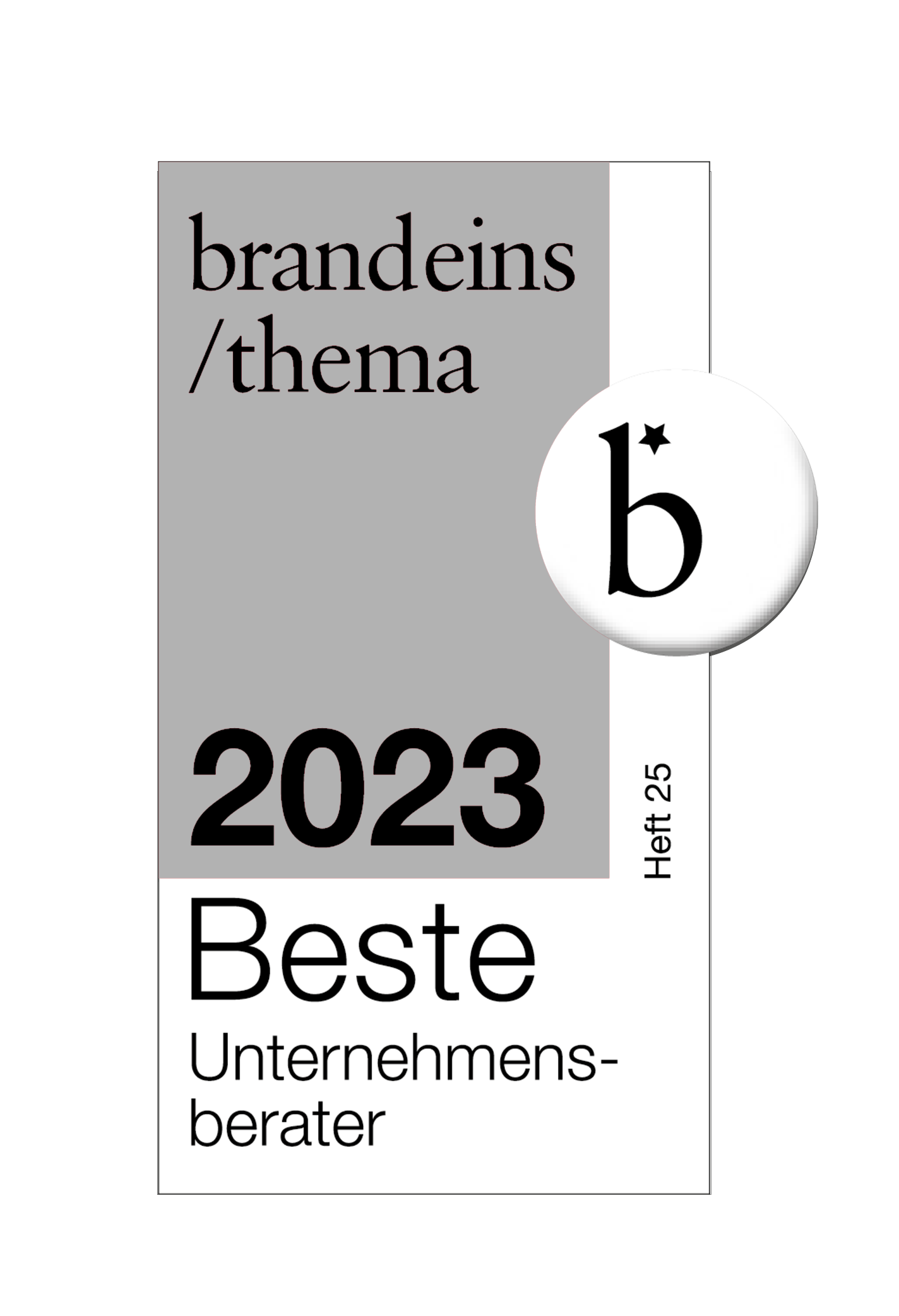Katrin Aytepe explains in an interview why the heating transition is only possible in a digital ecosystem.
Ms. Aytepe, how serious are the changes associated with the heat transition?
Katrin Aytepe: The concept of the "heat transition" is associated with a far-reaching transformation process. It involves dramatically reducing the use of fossil fuels in the heat supply and using more climate-neutral renewable energies instead. The transformation requires comprehensive changes at a political, structural and energy sector level. A new mindset is required to successfully coordinate these processes. Because the heat transition can only succeed if it is conceived and planned in a decentralized and collaborative manner. Only then can the heat supply be flexible, efficient and climate-friendly and make us less dependent and more resilient to external disruptions and bottlenecks.
The heat transition must therefore be decentralized. What dimensions need to be considered?
Katrin Aytepe: This concerns the technological dimension, for example. For example, process heat plays a particularly important role in the industrial sector, while in the private sector it is more about space heating. These different structures must be taken into account in municipal heating planning and supported by clear regulations and funding instruments. This creates specific "energy maps" at local level that take account of the circumstances of individual municipalities.
These circumstances include the locally and decentrally available renewable energy sources – decarbonization of process heat and the corresponding use of waste heat, geothermal energy, biomass, solar energy and hydropower. If they are used efficiently in the expansion of heating networks, transmission losses and the proportion of fossil fuels can be significantly reduced.
What framework conditions are required for this change?
Katrin Aytepe: The transition must be accompanied by the modernization of buildings and the expansion of infrastructure. Be it through energy-efficient refurbishment, the use of heat pumps, which also help with the distribution of industrial waste heat, or decentralized heat and energy storage systems that store surplus energy. At the same time, the grids must be able to cope with fluctuations that are unavoidable with many renewable energy sources. All of this is only possible through the use of intelligent networks, control systems and platforms.
It sounds as if a decentralized and sustainable energy landscape cannot be implemented without digitalization.
Katrin Aytepe: That’s right. Smart, digital infrastructures are a prerequisite for a successful energy transition. It's not just about technical aspects and network stability. It's just as important that new players and new roles need to be coordinated. This creates a high level of complexity. It cannot be managed without efficient, flexible processes and a secure and scalable digital infrastructure.
What new players and roles are emerging in decentralized energy networks? What changes are associated with this for traditional suppliers?
Katrin Aytepe: Decentralized energy production inevitably means that customers have to be viewed differently. Increasingly, they are also co-producers, or assume a certain degree of co-responsibility for grid stability and security of supply. Be it by feeding solar power into grids, generating industrial waste heat or using electric vehicles to store energy. Accordingly, new or additional contract and service models beyond the traditional customer segmentation are needed.
In addition, the "prosumer" must be appropriately integrated. Vehicle manufacturers and fleet operators, leasing companies, municipal services – they could all be given new tasks in this structure and also develop new business models. In this sense, the development of decentralized grids also means the formation of new types of energy ecosystems. The complex relationships in these ecosystems cannot be planned and managed effectively without digital platforms and the use of AI and data analytics. Municipal utilities in particular, on which the successful implementation of the heat transition largely depends, must adapt to this development.
Weiterführende Themen
-

Challenges and requirements of the heat transition
Michael Dusch and Dr. Christof Spangenberg on the interplay between the various pillars of the energy transition and the role of municipal utilities in decarbonizing the heating infrastructure.
- 1
- 1




